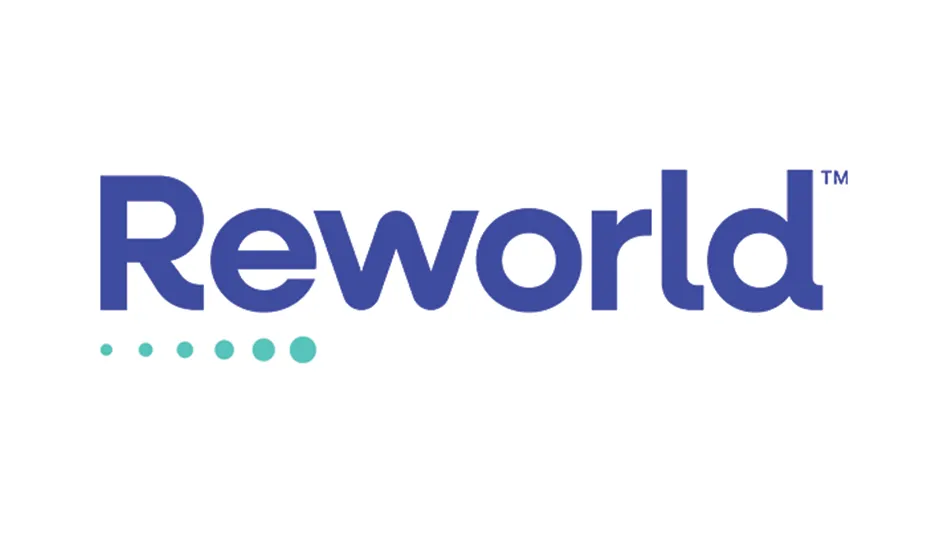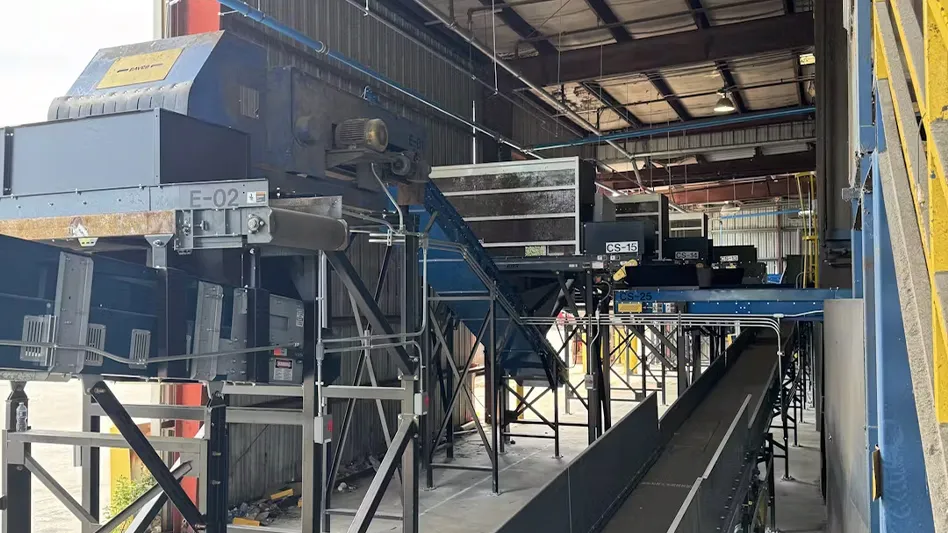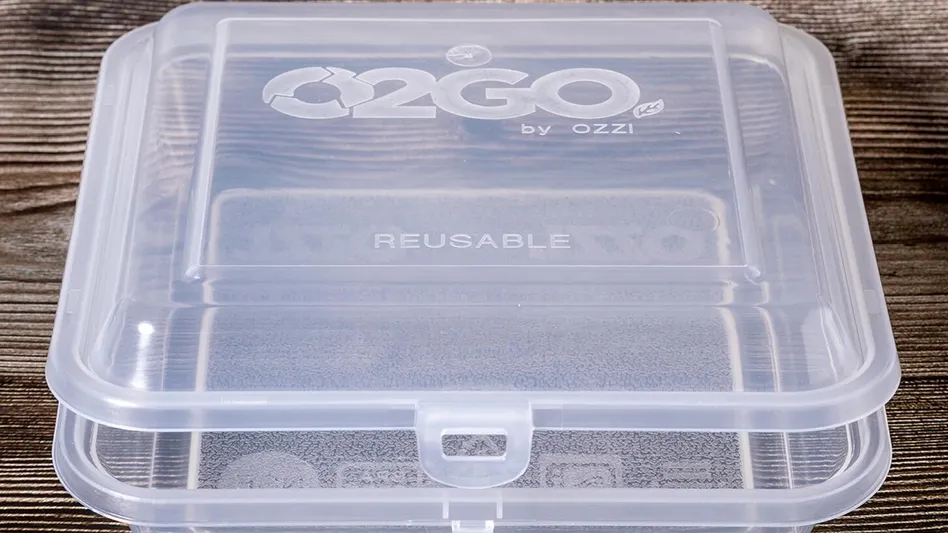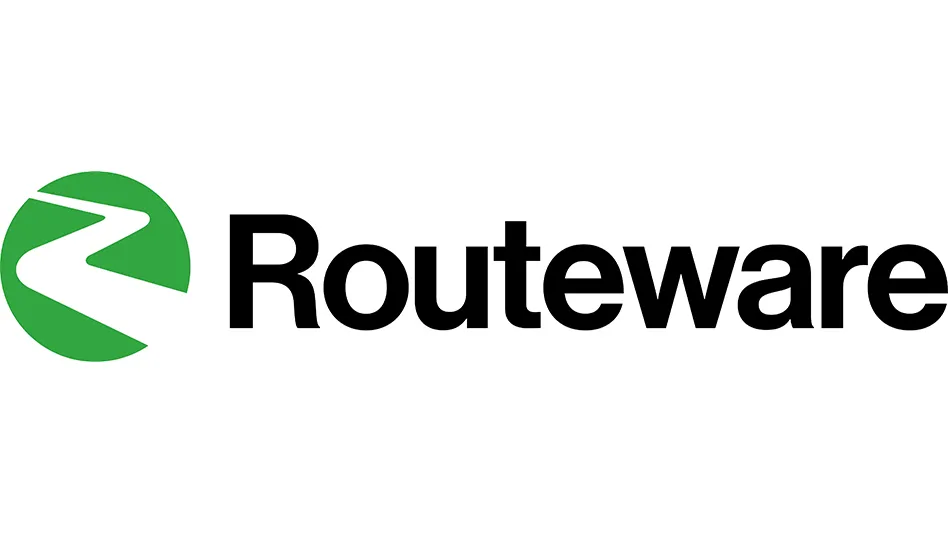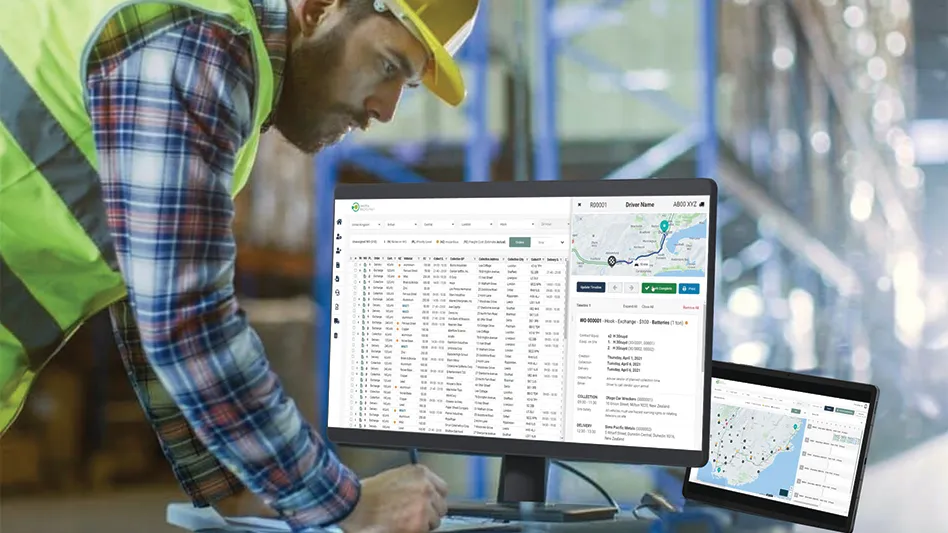
US, Canada and Mexico reach new deal to replace NAFTA
The United States, Canada and Mexico reached an agreement Sept. 30 to update the North American Free Trade Agreement (NAFTA). NAFTA was enacted in 1994 to govern more than $1.2 trillion in trade among the U.S., Canada and Mexico.
The new deal will be known as the United States-Mexico-Canada Agreement (USMCA), according to a news report in the Washington Post. Most of the deal’s key provisions won’t go into effect until 2020 because leaders from all three countries must sign it and then Congress and the legislatures in Canada and Mexico must approve it, the Washington Post reports.
A number of industry associations have shared what the USMCA deal means for the recycling industry and the steel and aluminum sectors.
Thomas J. Gibson, president and CEO of the American Iron and Steel Institute (AISI), Washington, states: “We appreciate the administration’s hard work to reach this trade agreement between the U.S., Canada and Mexico—especially regarding measures that ensure North American steel continues to be used in automobile production. We are pleased that the agreement is trilateral, as the relationship between our three countries has been extremely beneficial for the steel industry and resulted in robust trade and investment in the region over the past 25 years.”
Regarding customs clearances, the Institute of Scrap Recycling Industries (ISRI), Washington, says it is hopeful the USMCA’s more detailed guidelines for the three governments to cooperate will allow for improved border-crossings, including information sharing, law enforcement collaboration and procedures for adjudicating disputes. ISRI says the USMCA enhances collaboration among the governments to prevent illegal transshipment by outside parties.
In USMCA’s Rules of Origin, ISRI notes that waste and scrap “maintain the same origin classification as in the NAFTA in that scrap materials are considered ‘originating’ in North America if processed in one of three countries … as well as derived from used goods collected in one of the three countries for purposes of extracting raw materials.” The association says manufacturers that produce goods from scrap processed in North America will be able to include scrap as part of the new 60 percent transaction value (or 50 percent of cost) cumulation threshold for duty-free trade within North America.
The USMCA deal did not remove U.S. Section 232 tariffs on steel and aluminum from Canada or Mexico.
The Aluminum Association, Arlington, Virginia, released a statement expressing its disappointment that the agreement didn’t include a Section 232 tariff resolution.
Heidi Brock, president and CEO of the Aluminum Association, says, “Now is the time for the United States to work with Canada and Mexico to provide a full exemption—without quotas—for aluminum imports from those countries. This should occur as soon as possible, and certainly before the final agreement is signed.”
Brock says the aluminum industry has been able to meet growing demand every year. However, she says additional barriers such as the tariffs will threaten that growth.

Explore the November 2018 Issue
Check out more from this issue and find you next story to read.
Latest from Recycling Today
- Cyclic Materials expands leadership team
- Paper cup acceptance at US mills reaches new milestone
- EPA announces $3B to replace lead service lines
- AMCS showcasing Performance Sustainability Suite at WasteExpo
- New Way and Hyzon unveil first hydrogen fuel cell refuse truck
- Origin Materials introduces tethered PET beverage cap
- Rubicon selling fleet technology business, issuing preferred equity to Rodina Capital
- Machinex to feature virtual tour of Rumpke MRF at WasteExpo
